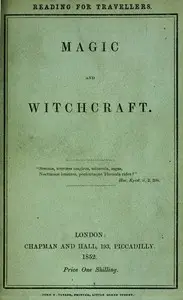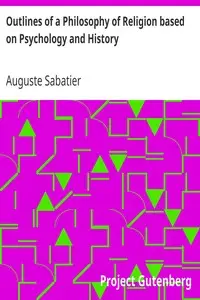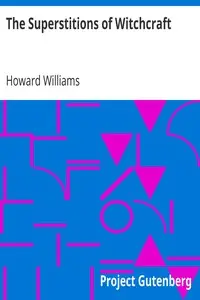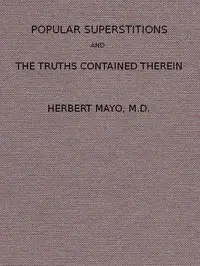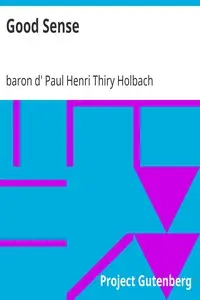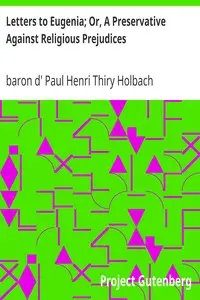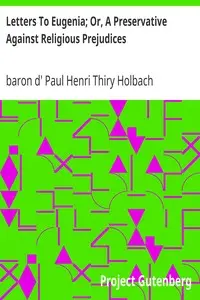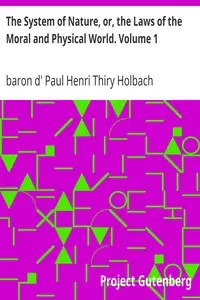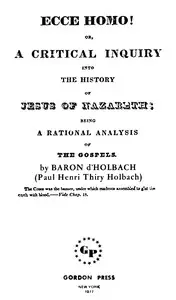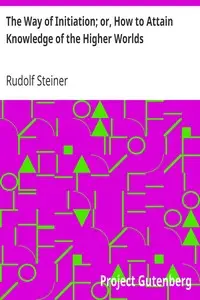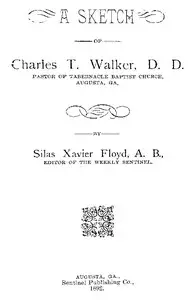"Superstition in All Ages" by Paul Henri Thiry Holbach is a philosophical exploration of superstition and religious beliefs during the 1700s. The book uses reason and historical context to question where superstitions and religious ideas come from, suggesting they grow from lack of knowledge and fear, with the book promoting logical thinking about the beliefs that control what people do. Introduced is Jean Meslier, a Catholic priest opposing religious rules after years of service. Meslier's story is told, including his religious acts and issues with church leaders, showing why he developed his ideas. This sets up a deep look into why superstitions have stuck around through time and challenges the logic of faith and theological inconsistencies.
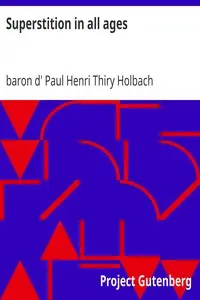
Superstition in all ages
By Paul Henri Thiry Holbach
A priest's hidden rebellion against religion sparks a sweeping examination of irrational beliefs and the power of reason to dispel the shadows of superstition.
Summary
About the AuthorPaul-Henri Thiry, Baron d'Holbach, known as d'Holbach, was a Franco-German philosopher, encyclopedist and writer, who was a prominent figure in the French Enlightenment. He was born Paul Heinrich Dietrich in Edesheim, near Landau in the Rhenish Palatinate, but lived and worked mainly in Paris, where he kept a salon. He helped in the dissemination of "Protestant and especially German thought", particularly in the field of the sciences, but was best known for his atheism, and for his voluminous writings against religion, the most famous of them being The System of Nature (1770) and The Universal Morality (1776).
Paul-Henri Thiry, Baron d'Holbach, known as d'Holbach, was a Franco-German philosopher, encyclopedist and writer, who was a prominent figure in the French Enlightenment. He was born Paul Heinrich Dietrich in Edesheim, near Landau in the Rhenish Palatinate, but lived and worked mainly in Paris, where he kept a salon. He helped in the dissemination of "Protestant and especially German thought", particularly in the field of the sciences, but was best known for his atheism, and for his voluminous writings against religion, the most famous of them being The System of Nature (1770) and The Universal Morality (1776).

